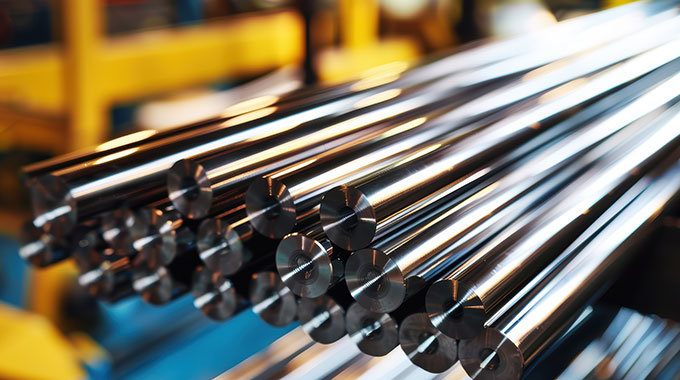
How Precision Machining Drives Innovation in Manufacturing
Innovation is the lifeblood of modern manufacturing, driving advancements in technology, efficiency, and product quality across industries. Behind these breakthroughs lies precision machining, a cornerstone of modern production that enables manufacturers to turn ambitious ideas into reality. At Criterion Tool, we understand that precision machining is more than a process—it’s a pathway to innovation that shapes the future of industries like medical devices, aerospace, photonics, and beyond.
In this article, we explore how precision machining drives innovation and why it’s vital for manufacturers striving to stay ahead in an ever-evolving world.
What is Precision Machining?
Precision machining is a manufacturing process that uses advanced tools and technologies, like CNC machines, to create parts with ultra-fine accuracy. It allows manufacturers to work with diverse materials—such as metals and plastics—and produce components with intricate geometries and tight tolerances.
This ability to achieve exceptional precision is the foundation for innovation, enabling the creation of products that would have been impossible just a few decades ago.
1. Enabling Miniaturization
As industries like medical devices and electronics push for smaller, more efficient products, precision machining plays a critical role in making miniaturization possible.
- Medical Devices: From implantable devices to surgical instruments, precision machining allows the production of tiny components that perform reliably in life-critical applications.
- Photonics and Electronics: Micro-sized parts, such as laser assemblies and microchips, are made possible by the accuracy and repeatability of precision machining.
At Criterion Tool, our expertise in machining small, complex parts supports these advancements, helping our customers stay at the forefront of their industries.
2. Advancing Material Innovation
Innovation often involves working with advanced materials, like titanium, stainless steel, and composites, that offer superior strength, lightweight properties, or biocompatibility. Precision machining excels at processing these materials, enabling manufacturers to harness their unique benefits.
For example:
- Aerospace: Precision machining enables the creation of lightweight yet durable components for aircraft and spacecraft, improving fuel efficiency and performance.
- Medical: Biocompatible materials, such as titanium, are machined into implants and tools that meet stringent regulatory requirements.
By pushing the boundaries of material capabilities, precision machining opens new possibilities for product innovation.
3. Supporting Prototyping and Customization
Innovation often starts with experimentation, and precision machining is a critical tool in the prototyping process. Its ability to produce highly accurate, one-off parts allows manufacturers to:
- Test new designs with minimal material waste.
- Identify and refine improvements before mass production.
- Create customized components tailored to specific applications.
At Criterion Tool, we collaborate closely with customers to turn their ideas into prototypes and ultimately into finished products, supporting innovation at every stage.
4. Increasing Product Performance
Precision machining doesn’t just enable the creation of new products; it also enhances the performance of existing ones. By machining components with tight tolerances, manufacturers can:
- Reduce friction and wear, increasing the lifespan of mechanical systems.
- Improve the fit and functionality of assembled products.
- Achieve superior performance in demanding environments, such as high temperatures or extreme pressures.
These enhancements contribute to better, more reliable products that meet or exceed customer expectations.
5. Accelerating Industry Evolution
As industries evolve, precision machining keeps pace by adapting to new demands and technologies. For example:
- In photonics, advancements in machining have enabled the production of components for quantum technologies and high-powered lasers.
- In medical manufacturing, the demand for minimally invasive tools has driven innovation in machining techniques for smaller, more complex components.
By enabling miniaturization, advancing material capabilities, supporting prototyping, enhancing performance, and adapting to industry changes, precision machining ensures that manufacturers stay at the forefront of their fields.
At Criterion Tool, we’re proud to play a role in this process, helping our customers innovate with confidence. Ready to collaborate on your next project? Request a quote today and discover the difference precision machining can make.
